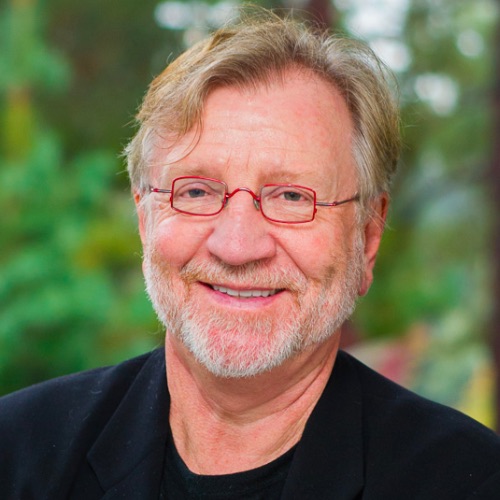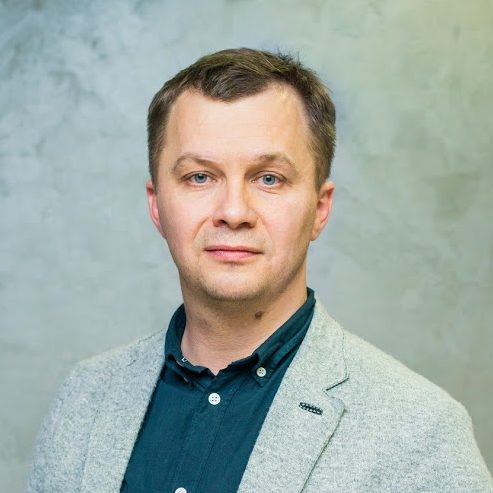The violence in front of the Rada on August 31 during the First passage of the vote on the Constitutional Change, however unjustified and reprehensible, is a sign of great distrust among the population towards the current process of constitutional change initiated by president Poroshenko. People fear that changes are brought to the fundamental law of the country with excessive haste and lack of sufficient consultation. This is clearly not how a legitimate constitutional process for Ukraine must be organized.
A democratic and legitimate process of Constitutional change requires much more than parliamentary commissions and votes in the Parliament. There are three important reasons for this.
- One can rarely trust people in power to handle constitutional changes, even if they were legitimately elected. Elected politicians in a position of power will see constitutional change from the point of view of their narrow interests, and try to maximize the power of the position they occupy. A similar logic holds for members of Parliament. They will too much be tempted to view constitutional change from the lens of their current power position (part of the majority or the opposition).
- Constitutional change needs wide reflexion and deliberation. Institutions are complicated and involve many unintended consequences. The adverse effects can be minimized by having sufficient diversity of voices participate in the debates on what the best Constitution is for the country. This deliberation is a process of collective self-discovery. There are no winners and losers in such a deliberation, but an exchange of arguments between people who are all honestly trying to design the best rules to run their country.
- A legitimate process of constitutional change is a sovereign process, involving different parts of an independent nation. Constitutional change is not part of an international settlement. It is not dictated by foreign powers, be they friends or enemies. Constitutional change is even less legitimate if it is imposed under the threat of military violence or military occupation.
The first two points have important implications for what a legitimate constitutional process must look like.
First of all, there needs to be a separate constitutional assembly with the sole task of preparing the Constitution. While legal, leaving large constitutional changes to Parliament only is not desirable. Moreover, a constitutional assembly needs to be large enough and represent the diversity of the country: geographical and historical diversity, ideological and philosophical diversity, socio-economic diversity, etc… One possible idea is to have the constitutional assembly be composed of one third by elected parliamentarians, one third by local authorities (mayors, city councilors,…) and one third by representatives of civil society and non-governmental organizations.
Second, members of the constitutional assembly are not present to defend any particular interests (their constituency, their region or any particular interest group), but are there as members of the constitutional assembly. A constitutional process is not one where different interests are there to bargain a compromise. It is one where individual delegates exchange their views, try to convince others, and accept to be convinced by others.
Third, the decision rule of the constitutional assembly needs to be a supermajority, two thirds or more. This means that the decisions must be inclusive and that many groups may have veto power. Unanimity rule would, however, be too cumbersome and give some individuals power to hold up the assembly, which is undesirable.
Fourth, the process must be transparent. Having constant TV coverage of the deliberations is the best way to achieve this. It also minimizes backroom deals between narrow interest groups. One cannot avoid people meeting in secret to make shady deals, but having the deliberations transmitted openly forces people to make arguments in deliberations that are based on national interest, not on narrow group interests.
Fifth, the Constitution adopted by the Constitutional assembly must be ratified nationwide by referendum to make it legitimate.
The third point raises an important dilemma for Ukraine. On one hand, Ukraine cannot bypass the necessary step of deep constitutional reform if one wants to consolidate society and transform Ukraine into a modern, transparent and prosperous democracy. As stated above, only a broad and inclusive process can achieve this. On the other hand, Ukraine is currently the victim of Russian aggression within its territories. The argument has been made that one cannot introduce a legitimate process of constitutional change in a country that is at war.
How to solve this dilemma? Renouncing to launch a large constitutional process would, in our view, be a mistake. It would mean that Putin is successfully able to constrain the democratic process in Ukraine. Delaying a broad constitutional process seems to us also a mistake. The more time goes by after the Maidan, the more people will feel demobilized and the less chances there are of a successful popular mobilization for constitutional change. On the contrary, one must seize the window of opportunity that Russian aggression is weak enough as not to dictate the political agenda in the country. Local elections are an opportunity to mobilize for the idea of a Constitutional Assembly.
There is as yet insufficient support inside Ukraine for a deep constitutional reform. The coming local elections, the slow pace of reforms and continued corruption will hopefully make people realize that constitutional reform is not a luxury, but a deep necessity for the very survival of the country and of its unity.
Ukraine needs a deep constitutional reform to determine its fundamental law as a sovereign nation, but it does not need a speedy constitutional change imposed from above that may jeopardize the future of the nation as a sovereign and well-functioning democracy.
Authors: Member of VoxUkraine Advisory Board Gerard Roland (University of California, Berkeley), VoxUkraine co-founders Yuriy Gorodnichenko (University of California, Berkeley) and Tymofiy Mylovanov (University of Pittsburgh)
Attention
The authors do not work for, consult to, own shares in or receive funding from any company or organization that would benefit from this article, and have no relevant affiliations





